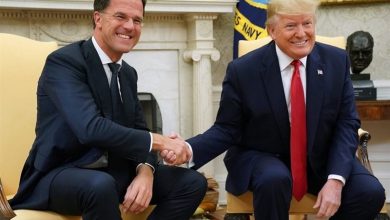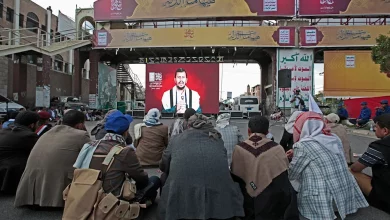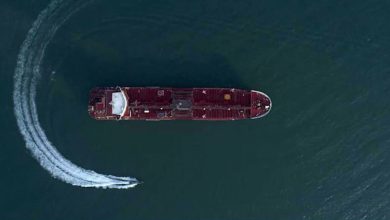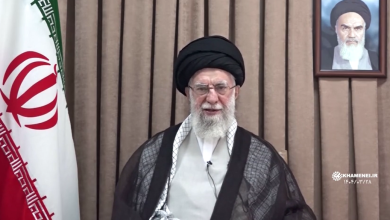Iran: World will be safer without Israeli regime
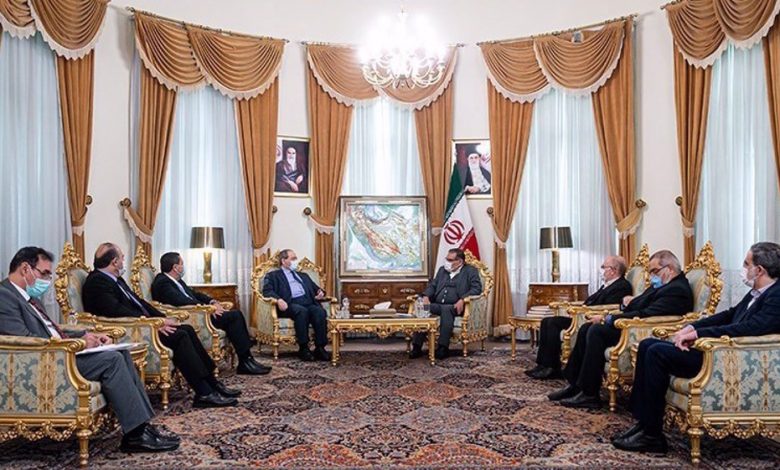
High-ranking Iranian officials have in separate meetings with visiting Syrian foreign minister highlighted the destabilizing role of Israel in the region and insisted that without the Zionist regime, the world will be a safer place.
As part of a chain of meetings with top Iranian officials on his first foreign visit since being appointed to the post last month, Syrian Foreign Minister Faisal Mekdad held talks with Secretary of Iran’s Supreme National Security Council (SNSC) Ali Shamkhani in Tehran on Tuesday.
During the meeting, Shamkhani said the US presence in Syria is meant to plunder the Arab country’s oil, protect Israel and strengthen Daesh terrorists, adding, “America’s evil presence in the region must end.”
Israel relies on human rights violations and terror for its existence, thus the international community must stand firm against the actions of “this bloodthirsty regime,” he said.
“Undoubtedly, the world will be safer without the Zionist regime,” he said. “Those government officials that are seeking, with humiliation, to normalize relations with the fake Zionist regime and are helping to implement the US schemes in the region will not have a better fate than those of [ousted Libyan and Sudanese leaders Muammar] Gaddafi and Omar al-Bashir,” Shamkhani said.
He was referring to the Washington-mediated deals Israel reached with Bahrain and the United Arab Emirates (UAE) in September.
The following month, US President Donald Trump said Israel and Sudan had also established economic ties as a pathway toward normalized ties.
Shamkhani gave assurances that the Islamic Republic will never leave the Syrian government and nation alone in their fight against aggression and terrorism.
Also late Monday, Mekdad held talks with Iran’s Parliament Speaker Mohammad Baqer Qalibaf.
During the meeting, Qalibaf described Israel as an obstacle to achieving sustainable security in the region, urging Muslim governments to stand against the US-brokered normalization deals between the occupying regime and Arab states.
“Backed by the US, the Zionist regime is seeking to normalize its relations with certain Muslim countries. Muslim governments and communities must stand against the path taken by the US and the Zionist regime and introduce the normalization of ties to the international community as a disagreeable act,” Qalibaf said.
Qalibaf warned, “There will be no suitable security in the region as long as the terrorist regime occupying Jerusalem al-Quds exists.”
Elsewhere in his remarks, Iran’s top parliamentarian underlined the importance of unity in the Islamic Ummah, saying, “Reliance of Muslim countries on people, Islam and resistance against the enemies will be the key to their success.”
He also highlighted the effective role played by top Iranian anti-terror commander Lieutenant General Qassem Soleimani in maintaining regional security.
General Soleimani was assassinated by the US upon his arrival in Baghdad International Airport on January 3 at the invitation of the Iraqi government. He helped eliminate the US-sponsored Daesh terrorist group in the region, particularly in Iraq and Syria.
Qalibaf called Syria the frontline of the resistance against the Zionist entity and stressed the Islamic Republic’s unwavering support for the resistance axis as well as the Syrian government and nation.
Congratulating Syria on its recent victories against Takfiri terrorists, he said, “In parallel with the resistance of the Syrian government and nation in the war against the enemies, political talks within the framework of the Astana peace process can lead to sustainable stability and security in Syria and the region.”
He further called for the expansion Iran’s brotherly ties with Syria in political, economic, cultural and parliamentary fields.
Iran began providing Syria with advisory military assistance after numerous countries — at the head of them the US and its Western and regional allies — started funding and arming terrorists with the aim of deposing Syrian President Bashar al-Assad’s government.
Despite initially losing considerable expanses of territory to Daesh and other terror outfits, the country regained its strength with the help of Iran and Russia, another Damascus’ ally, and managed to reverse the balance in favor of itself on the battleground.

